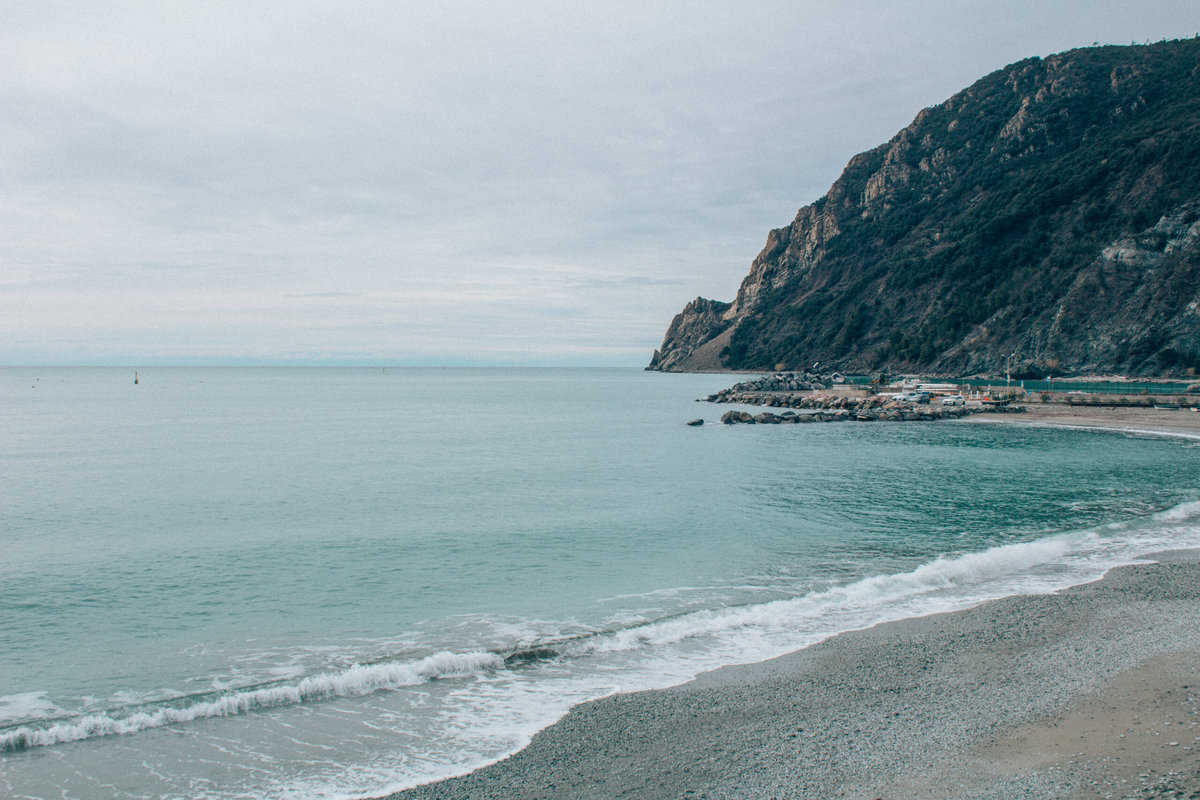
“Should we stop moving so often? Or should we move differently?”
Lily Cole, Who Cares Wins: How To Protect The Planet You Love ”The Impact of Ecotourism: A Revolution in Travel
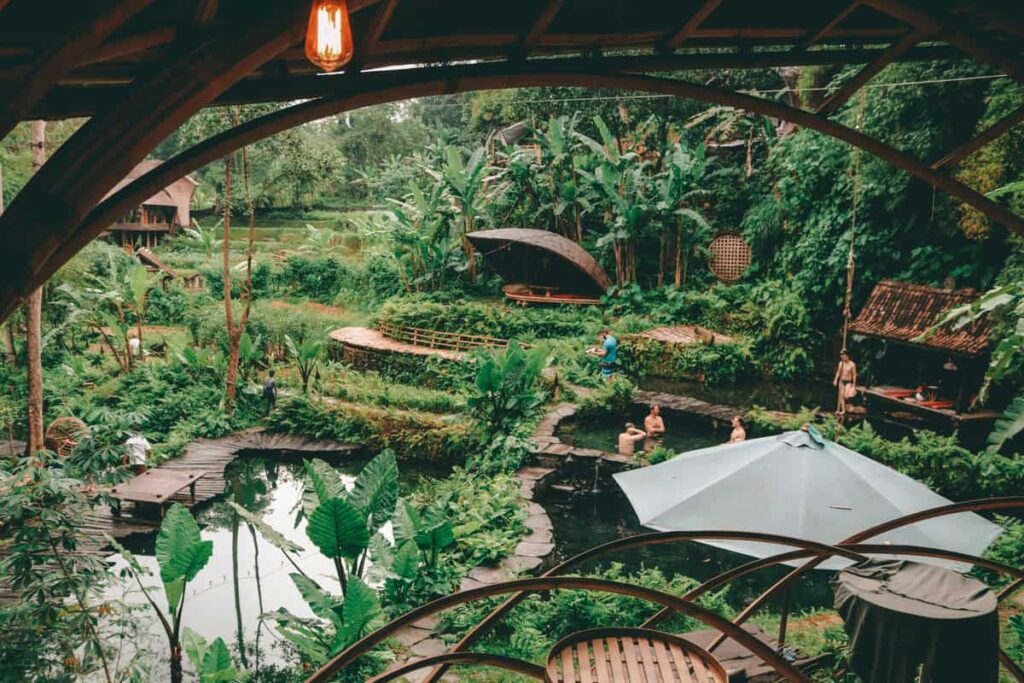
At Baggage, we have a vision for travel that has a net positive impact.
Many people don’t realize just how negative travel can be. For example, in the UK, travel has overtaken energy as the number one contributor to carbon dioxide (CO2) emissions (source: Department for Business, Energy and Industrial Strategy). Why are CO2 emissions bad? The quick explanation is that these emissions trap gas in the atmosphere and warm the earth, thereby changing the climate and affecting all earth’s inhabitants, including us.
Rather than being a major cause of climate change, can travel be part of the solution?
The Impact of Ecotourism
The painful truth is that planes, trains, and automobiles are not kind to our planet. So should we simply stop moving around? Should we stay in one place? Are we betraying the planet if we choose to travel?
These are the questions we wrestled with as we first tried to navigate being both environmentalists and explorers. In truth, if you fly across the globe, vacation at major resort chains, and fail to take the time to engage with the people and places you encounter – your travel habits negatively impact the planet. But there is another, more rewarding way to travel, that is growing in popularity across the globe as people wake up to the realities of the climate crisis. Ecotourism presents a previously unseen opportunity to travel in a sustainable way. This form of travel has the power to revolutionize the industry and create widespread environmental change. This is the impact of ecotourism.
The Question: How can we travel sustainably?
The Answer: Ecotourism
Let’s start by creating a simple definition for ecotourism. Ecotourism is responsible travel that accomplishes three goals: Education, Conservation, and Opportunity (abbreviation ECO, in case you didn’t catch that).
First, ecotourism fosters education, finding new ways to teach travelers about the environments and communities they encounter. Next, ecotourism focuses on conservation above all else, ensuring that visitors aren’t doing more harm than good. Finally, ecotourism promotes opportunity by pouring into local economies, and providing additional jobs and money to these communities. If executed correctly, ecotourism has a positive chain reaction, generating financial benefits for conservation efforts and delivering experiences that have the power to open and change people’s minds.

Conservation: The C in ECO
Arguably the most important element of ecotourism, conservation focuses on protecting natural resources that we use or interact with. Adopting a conservationist mindset ensures ecotourism providers keep the planet at the forefront of their minds as they create tours, offerings, and excursions.
The very best experiences will not only show you how others conserve natural resources, but also how you can too. The impact of ecotourism expands when more people are brought into conversation about the issues and challenges we face. Once you know how and why you should make certain decisions, it’s easier to do so. When traveling, try to adopt a conservationist mindset to minimize your carbon footprint. Walk, use public transportation, or ride-share. Visit and support national parks, and environmental non-profit organizations. Additionally, you can choose to travel to locations that aren’t overpopulated with tourists, which is something we try to do as much as possible.
On a related note, we’ll be sharing posts on how you can offset the carbon emissions from your flights soon.
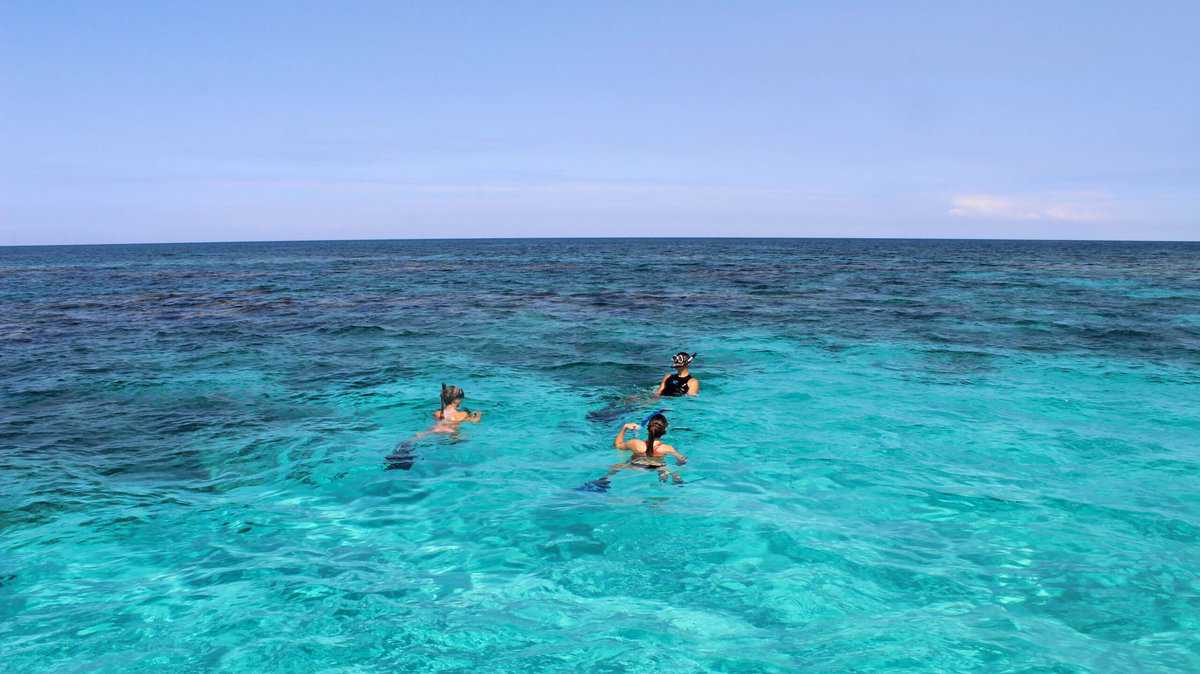
Education: The E in ECO
Education is the cornerstone of this industry. It’s based on the idea that people will care more if they are made more aware. The first step is acknowledging the harmful realities of traditional tourism, and choosing to make a conscious effort to travel differently going forward. Once you do this, you can seek out trips and experiences designed to educate you on the environments you encounter.
What does this look like, exactly? It looks like taking an oyster farm tour on the island of Martha’s Vineyard, to learn about regenerative ocean farming. It looks like choosing to stay at a locally owned eco-boutique hotel that has achieved net zero carbon emissions on your next trip. It looks like eating out at farm-to-table restaurants that curate their menus around locally-grown ingredients. It can be as simple as choosing a hike over a bus tour, or as specific as going off grid to trek Macchuu Picchuu with nothing but a tent and a local guide.
When you take these types of trips, you will undoubtedly learn something new. Travel is important to the environmentalist movement because we learn more by being exposed to different communities and cultures. When we become more aware, we increase our capacity to care.
At Baggage, we believe that the right trips can open travelers eyes to environmental issues and inspire activism. Everything we write, photograph, and share, we do with this in mind. Our guides are designed to educate you and point you in the direction of the experts who can give you unmatched ~environmentally conscious~ experiences abroad.
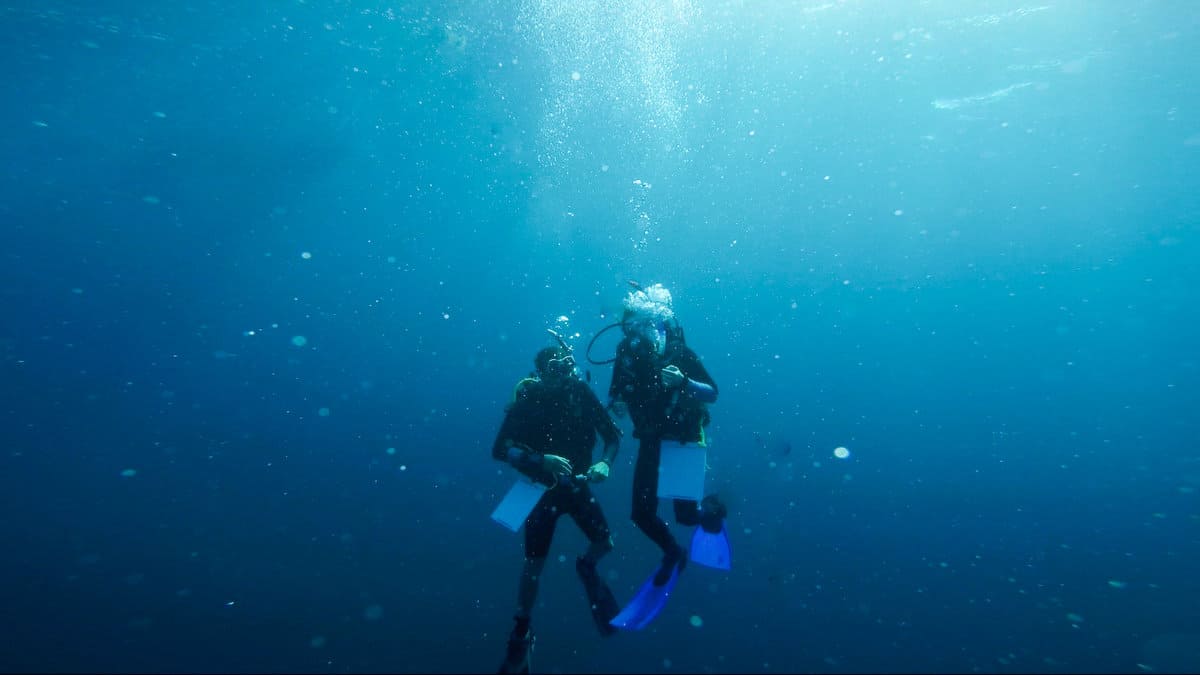
Andros, Bahamas - conservation dive for the IUCN Red List
Opportunity: The O in ECO
Ecotourism promotes economic opportunity, but also opportunity on a grander scale. The industry has a unique opportunity to be a catalyst for change. Ecotourism proves that economic stability and environmentalism can go hand in hand. These efforts are designed to support and prioritize local businesses.
Impact of Ecotourism at Baggage
It’s our goal at Baggage to highlight the local businesses that combine one of a kind experience with sustainability. We do this everywhere we travel, so that you don’t have to spend countless hours researching yourself. You should feel good about where your money goes, and that can be difficult when traveling to unknown places. For our part, we make sustainable travel just a bit easier to accomplish.
We do this by elevating one business, one location, and one person at a time through our posts. You have the chance to support the communities you visit, to turn away from harmful tourism practices that support big business corporations and suck local economies dry. You have the opportunity to be a small part of a big effort – and if we all choose to do our small part, we can create a tidal wave of change.
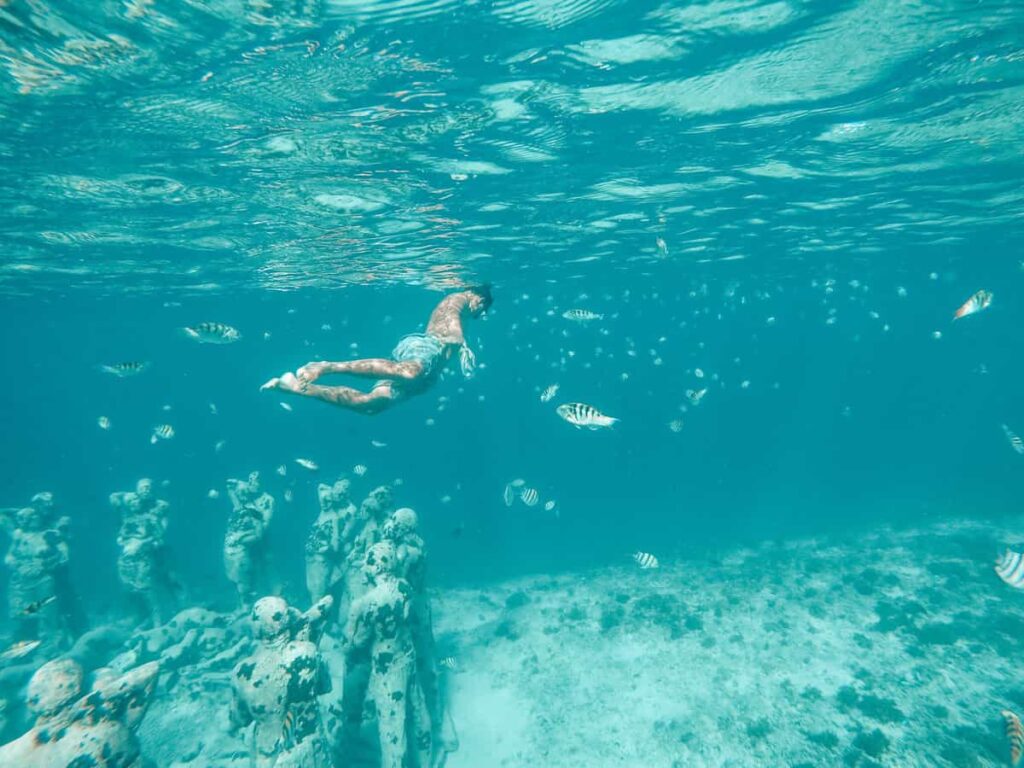
A Revolution in Travel
Ecotourism is one small part of a very large effort to turn the tide on climate change. Many industries (fashion, technology, agriculture, energy to name a few) must band together to solve widespread environmental problems. But specific to the travel industry, ecotourism has the power to create a true revolution in travel.
We don’t want to fall in love with the world at the expense of our environment, our ecosystems, our biodiversity, and our very species.
There is no choice but to protect and preserve the world we seek to explore. Now more than ever, it’s vital that we educate ourselves on how to travel ethically, and choose to support companies and organizations that value this same principle.
Now that you understand the impact of ecotourism, you can choose to be a part of this revolution in travel. We can do it together. Let’s use ecotourism to fall in love with new people and places. Along the way, we’ll undoubtedly grow our own capacity to care about this world in which we live.
Comments are closed.





